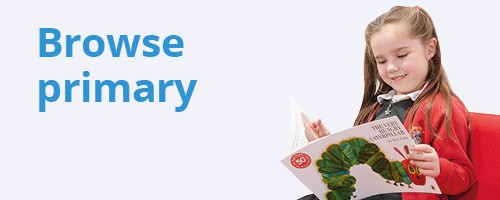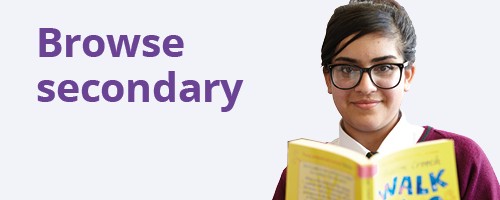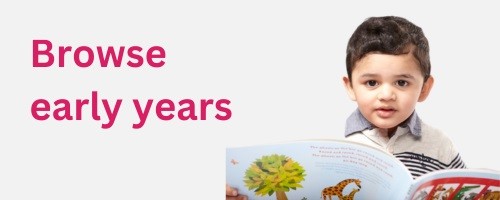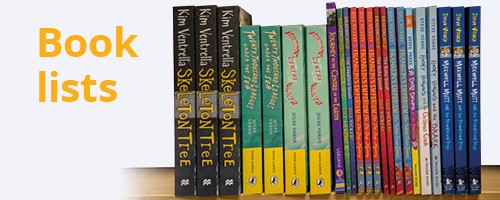For help, advice and telephone ordering call our team on 0121 666 6646
Are you sure you wish to delete this basket?()
This action cannot be undone.
Sorry, something went wrong
Please report the problem here.
Burning Sunlight Q&A with Anthea Simmons

April 1st 2021
Anthea Simmons is a vicar’s daughter and the eldest of six children. She grew up in Cornwall where she was pony and book-mad. After a highly-successful City career, she ‘retired’ to the country to bring up her son, ride, garden, write, paint and teach. More recently she has become involved in a social enterprise dedicated to improving diversity and inclusion in the UK’s board rooms through an apprenticeship scheme. This works brings her into contact with people from all backgrounds and has sharpened her awareness of the need for access to opportunity. She lives in East Devon with (in the holidays) her Chemistry undergraduate son Henry, and her polydactyl ginger cat, Caramac.
Q: This book explores not just the climate crisis but also activists’ attempts to achieve climate justice, squaring up to politicians and big business. Why did you want to write about this in particular?
I have been involved in campaigns to improve diversity on boards and to stop Brexit/secure a people’s vote. I know what it is like to feel anger about injustice, a feeling of powerlessness in the face of complacency and arrogance from politicians and a sense of outrage at the lies and corruption. We tend to be too passive in this country and to believe what is in a press owned by people with an agenda which is hostile to the truth. I think young people see this clearly – Greta Thunberg being the ultimate exemplar.
Q: Burning Sunlight is told from the perspective of two characters from very different backgrounds, Lucas and Zaynab. How did this help you tackle the issue of climate justice in the book?
Climate change is affecting all of us, but in some areas of the world the consequences are really life-changingly drastic. In a time of populism, isolationism and nationalism I wanted to explore the possibility of thinking globally, of caring what happens to people we don’t know and can’t see. I also wanted to highlight the consequences of action here and in other parts of the world. We generate the pollution, the waste, the emissions, but poor people thousands of miles away pay the price – and girls and women disproportionately so.
Q: Lucas and Zaynab each have a strained relationship with their fathers, and there’s often tension between older and younger people about the issues the characters are campaigning on. Can you say more about this theme and where it draws its inspiration from?
I think a lot of adults are in denial or so overwhelmed by the scale of the problem that they disengage. Also there’s an implied criticism of the older generation, so I think guilt is a factor.
Q: What other books for young people, fiction and nonfiction, have you found helpful when writing and reading about climate activism?
Greta Thunberg’s little book was very important, as was the Extinction Rebellion’s This is not a drill. Podcasts have been very helpful and I spoke to young people at demos in Exeter and at pro-EU street stalls.
Q: Do you feel hopeful about people and governments’ ability to tackle the climate crisis?
That’s a tough one. I see a lot of greenwashing from this government. In my citizen journalism role (we cover a lot of environmental issues) I see very depressing evidence that even helpful initiatives like tree-planting are being mishandled and used as an opportunity to make money out of a crisis. I am afraid we are going to have to get a lot more vocal. A lot of people will change their behaviours and that will help, but we need really good quality information so that these positive actions have the desired consequences. There’s no point in us all going vegan if vast swathes of vital rainforest are cleared to grow soya, for example. Above all, we need honesty from our politicians and our media and if we cannot get that, we must navigate our own way through the crisis. There is no Planet B. We should all care for the sake of our kids. I hate it that my son says the planet is as good as finished and he won’t bring kids into a doomed world. That’s terrible. We have taken away hope and opportunity from our young people in so many different ways. Taking away their confidence in the future – any future – should make us all ashamed and drive us to DO SOMETHING!
Burning sunlight is out now.









